
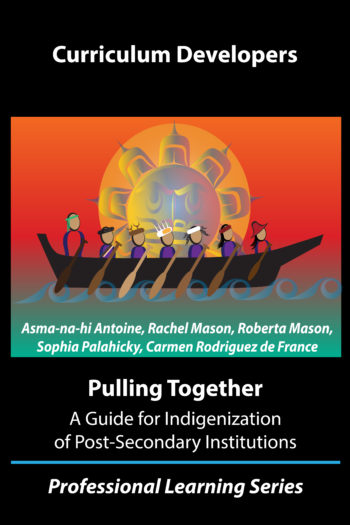 eBook - Pulling Together: A guide for Indigenization of post-secondary institutions. A professional learning series.
eBook - Pulling Together: A guide for Indigenization of post-secondary institutions. A professional learning series.
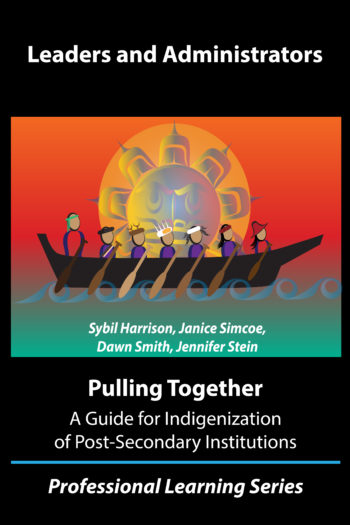 eBook - Pulling Together: A guide for Indigenization of post-secondary institutions. A professional learning series.
eBook - Pulling Together: A guide for Indigenization of post-secondary institutions. A professional learning series.
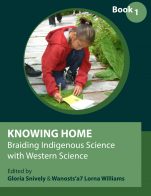 eBook - Knowing Home: Braiding Indigenous science with Western Science, Book 1
eBook - Knowing Home: Braiding Indigenous science with Western Science, Book 1
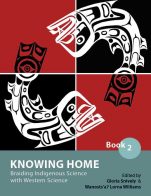 eBook - Knowing Home: Braiding Indigenous Science with Western Science, Book 2
eBook - Knowing Home: Braiding Indigenous Science with Western Science, Book 2
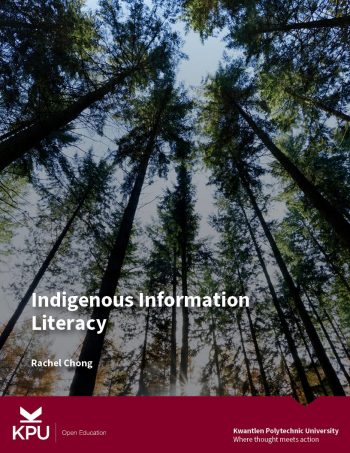 eBook - Indigenous Information Literacy
by
Rachel Chong
eBook - Indigenous Information Literacy
by
Rachel Chong
 Indigenous Information Literacy
by
Rachel Chong
Indigenous Information Literacy
by
Rachel Chong
Below is a video series focused on information literacy from Kwantlen Polytechnic University. We would like to thank Rachel Chong for creating and sharing these videos.